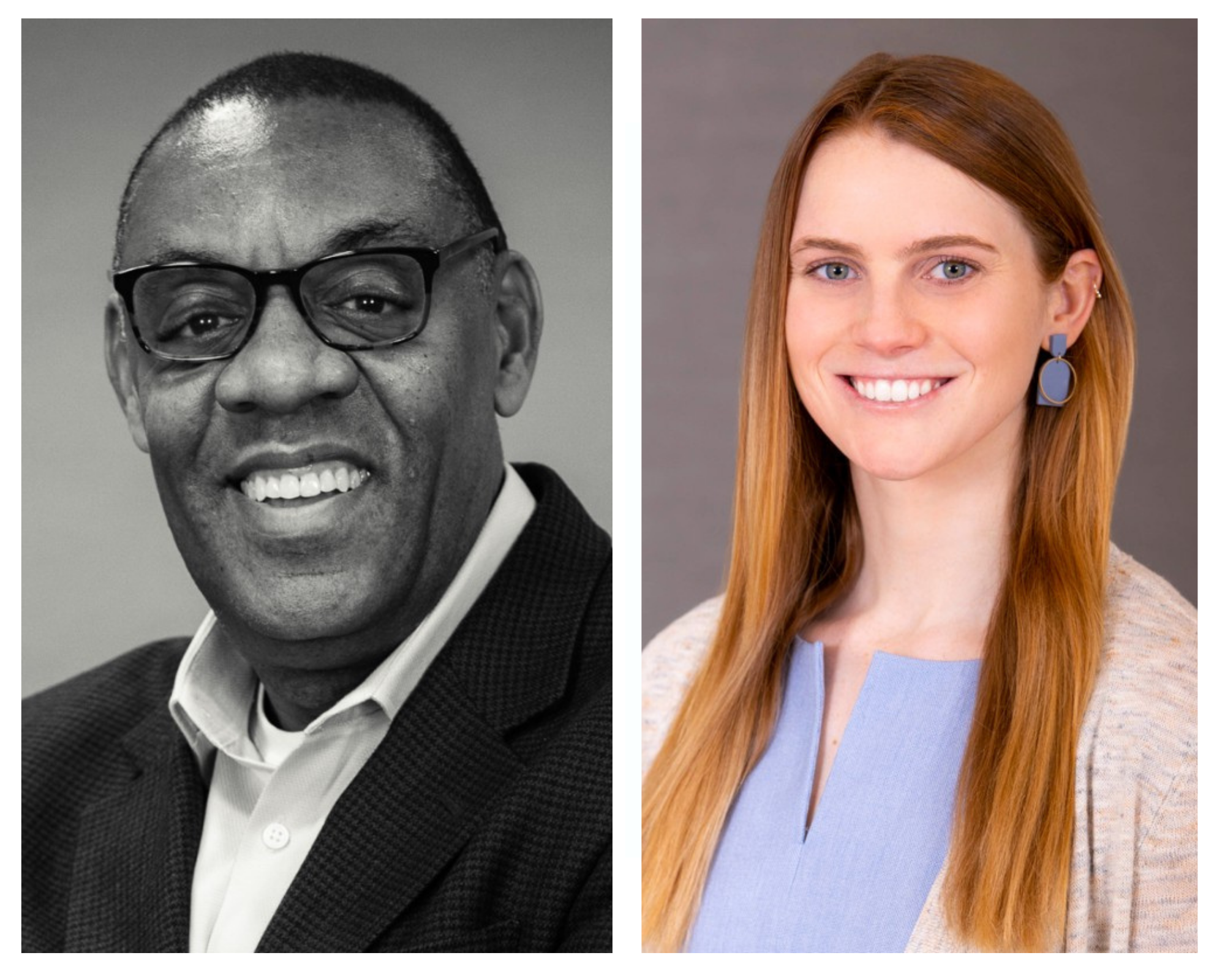Alliance Member Discussion: Patroski J. Lawson – Equity in Mental Health Care Access and Its Importance

In a recent Alliance Member Discussion, Patroski J. Lawson, Chief Executive Officer of The KPM Group DC, and Katie Landes, Senior Director of Strategy and Execution at The KPM Group DC, discussed equity in mental health care access. On top of discussing the history of science and health care and distrust of the medical community by Black Americans, the speakers also highlighted the importance of recognizing the brain as a part of the body that requires its own adequate care. Some of Lawson’s and Landes’ insights:
On generational post-traumatic stress disorder (PTSD) among Black Americans:
Lawson: “I’ve come to the conclusion (as an” n of 1” — I’m no expert) that generational PTSD is a thing for so many people of color in this country, particularly Black and Brown people but primarily for Black Americans in this country. Slavery still exacts a heavy toll on a whole generation of my ancestors, and then you layer on top of that Jim Crow. … and then fast forward to the 1960s with segregation of schools. All of that has exacted an incredible toll on multiple generations of people to the point where it’s almost impossible to not have a conversation about it.”
On mistrust of the health care system among Black Americans:
Lawson: “[Black Americans] feel the system is stacked against them so they won’t seek out treatment. It’s why vaccination rates early on were lower in communities of color. When you think about what happened in the Tuskegee syphilis trials, and you think of all of the experiments that were done on African Americans over the years, it’s no wonder that people are mistrustful and are not eager to seek out health care … Mistrust by Black and Brown people is one of the biggest issues that we as a society have to grapple with if we’re going to level the playing field or get people in these communities to understand that the brain is a part of the body and it needs to be nurtured and cared for much the same way.”
On insurance barriers such as prior authorization:
Lawson: “If you’re doing all of this work to build up the relationship and trust between a patient and their provider, prior authorization then serves to break down that trust in some ways … [The average consumer of health care thinks] ‘okay, it’s just another tool to deny me access and it’s just another tool in the toolbox to hurt people like me’.”
On building relationships and trust with communities:
Landes: “It’s action over words. There’s been a lot said, and I think even now we’re saying a lot, but it’s really about ‘can we do something about what we’re saying?’. There’s a huge spotlight on this issue right now, a lot of health equity efforts at different levels especially being driven at the federal level, but what it comes down to is the boots on the ground who understand the situation the best. They have the most awareness, and they probably have the best solutions, and they just need a platform to share them and bring people together. The only way to do that is through transformational relationships.”
On “brain health”:
Landes: “You’ll often hear ‘mental health’ or ‘behavioral health,’ but we really push forward on ‘brain health’ because we see it as one brain and the disorders look different. There are neurodegenerative disorders, there are neurodevelopmental [disorders], there are psychiatric [disorders], but at the end of the day it is the brain that is the start of all of those. The more that we can elevate mental and behavioral health as brain health at large, I think the greater we can see some advancements in the innovation space.”
On comparisons between the U.S. approach to mental health and the global context:
Landes: “It all comes back to culturally competent care. If we just make the US/EU comparison, there are a lot of societal similarities that we can speak to in terms of raising awareness and the ability to speak about mental health more openly. [However], other cultures do not have that kind of openness toward these conversations, so I think there is more work that can be done on the awareness and acceptance that these are a reality of everyday life.”
A challenge to those moving forward:
Lawson: “If you do not see a primary care physician, you need to do that, because in most parts of the country where health care is inconsistent and incongruent, the primary care physician is your first line of sight into your brain health. [Also], take the time to talk about how you’re feeling and be honest and open with others around you. Every day is not rainbows and sunshine and that’s okay … That’s a sign of strength, not weakness.”




